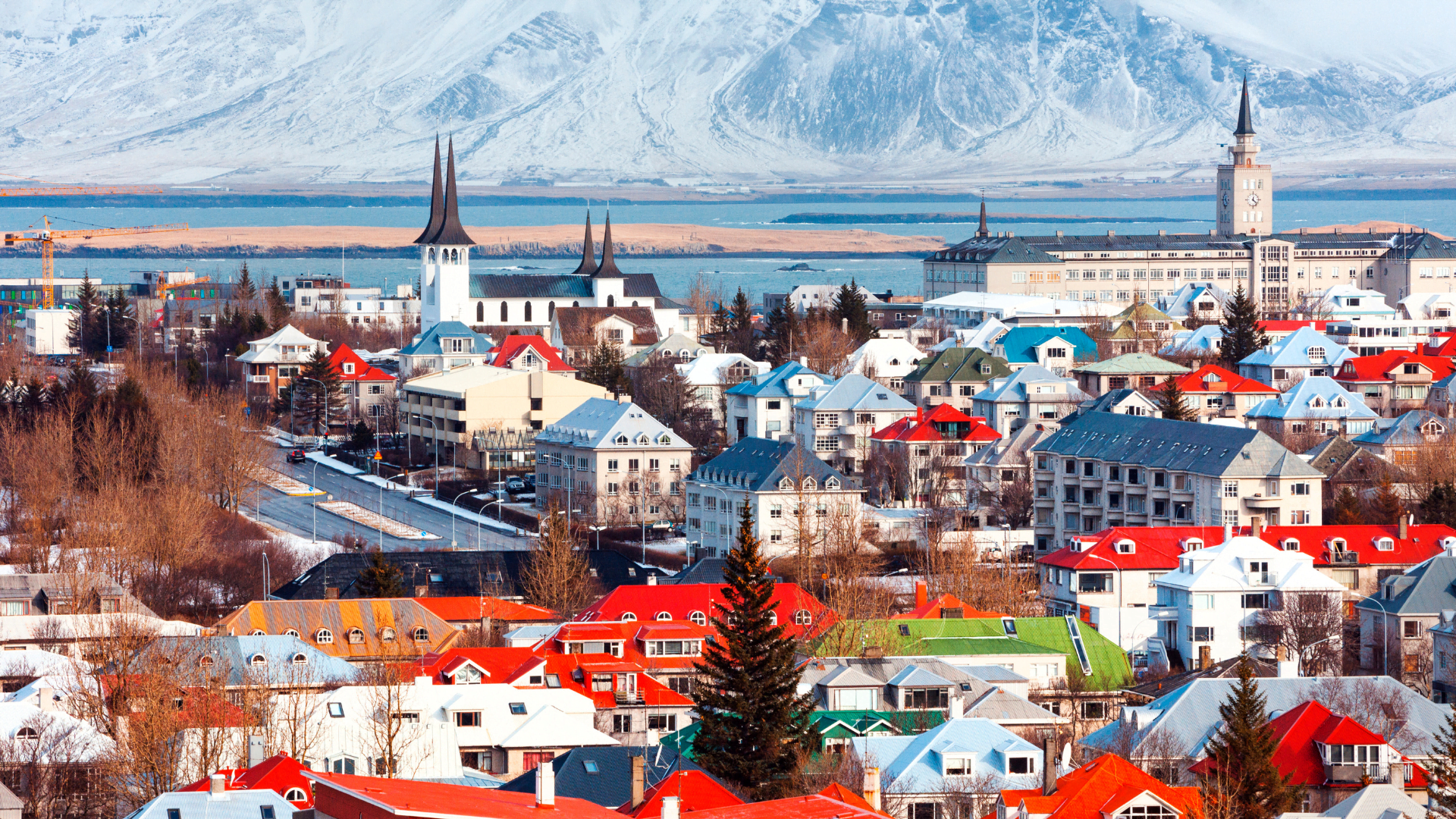Reykjavik, the capital of Iceland, stands as a beacon of innovation and forward-thinking urban planning. As cities around the world grapple with rapid population growth and the challenges it brings, Reykjavik has taken proactive steps to ensure a sustainable and vibrant future for its residents.
A Visionary Municipal Plan for Sustainable Development
In 2010, Reykjavik introduced the Reykjavik Municipal Plan 2010-2030, a comprehensive blueprint designed to guide the city’s growth and development over two decades. This plan serves as a contract between the city and its residents, detailing a shared vision for the future and establishing the responsibilities of both parties.
Key Initiatives Driving Urban Transformation
The Municipal Plan is grounded in several pivotal initiatives, each playing a crucial role in Reykjavik’s transformation:
- Urban Density and Coherence: The plan promotes the development of a denser urban area, focusing on growth in the city center and existing urban zones. This approach aims to minimize travel needs and enhance the efficiency of public transportation.
- Public Transportation Corridors: A network of public transportation corridors is being developed to connect the city center with key residential and commercial areas, prioritizing public transit, cycling, and walking.
- Commitment to Sustainable Development: Reykjavik is dedicated to reducing its environmental footprint through sustainable practices, such as increasing renewable energy usage, cutting greenhouse gas emissions, and improving energy efficiency.
- Sustainable Planning Policy: The city aspires to maintain its status as a leading green city on the international stage through its Sustainable Planning Policy.
- District and Neighborhood Focus: The plan includes specific goals and initiatives for each city district and neighborhood, emphasizing the creation of sustainable and human-friendly environments.
- Environmental Impact Assessments: Proposed development projects undergo thorough evaluations to assess their potential environmental impacts, ensuring responsible urban growth.
Measurable Success and Ongoing Progress
Since the implementation of the Municipal Plan, Reykjavik has witnessed significant progress:
- A 10% increase in population density, reflecting a successful shift towards a more compact urban form.
- Substantial investments in public transportation, resulted in a more reliable and efficient system.
- A 20% reduction in greenhouse gas emissions, showcasing the city’s commitment to sustainable practices.
Reykjavik’s journey to becoming a Smart City serves as an inspiring example for urban centers worldwide. Through thoughtful planning and a steadfast commitment to sustainability, Reykjavik is not only meeting the needs of its growing population but also paving the way for a greener, more efficient future.
For a deeper dive into Reykjavik’s transformative journey, consider visiting the official websites:
FAQ
What is the Reykjavik Municipal Plan 2010-2030?
The Reykjavik Municipal Plan 2010-2030 is a comprehensive blueprint designed to guide the growth and development of Reykjavik, Iceland, over two decades. It serves as a contract between the city and its residents, outlining a shared vision for the future and establishing the responsibilities of both parties.
How is Reykjavik promoting sustainable development?
Reykjavik is promoting sustainable development through various initiatives, including the adoption of renewable energy sources, reducing greenhouse gas emissions, improving energy efficiency, and fostering a denser urban environment. These efforts contribute to Reykjavik’s reputation as a leading green city globally.
What is the focus of Reykjavik's public transportation system?
The focus of Reykjavik’s public transportation system is to develop a robust network of public transportation corridors that connect the city center with key residential, commercial, and employment areas. These corridors prioritize public transit, cycling, and walking, promoting a sustainable and efficient urban lifestyle.
How is Reykjavik enhancing the quality of its urban environment?
Reykjavik is enhancing the quality of its urban environment through its Sustainable Planning Policy, which aims to maintain the city as an internationally leading green city. The policy includes strategies to improve the built environment and ensure the sustainability of each city district.
What is the Neighborhood Plan in Reykjavik's Municipal Plan?
The Neighborhood Plan in Reykjavik’s Municipal Plan outlines specific goals and initiatives for each neighborhood in the city, ensuring that the unique needs and characteristics of each area are addressed. This localized approach fosters a sense of belonging and community among residents.
What progress has Reykjavik made since the implementation of the Municipal Plan?
Since the implementation of the Municipal Plan, Reykjavik has made significant progress towards becoming a Smart City. The city has seen a 10% increase in population density, investments in public transportation have led to a more reliable and efficient system, and greenhouse gas emissions have been reduced by 20%.

